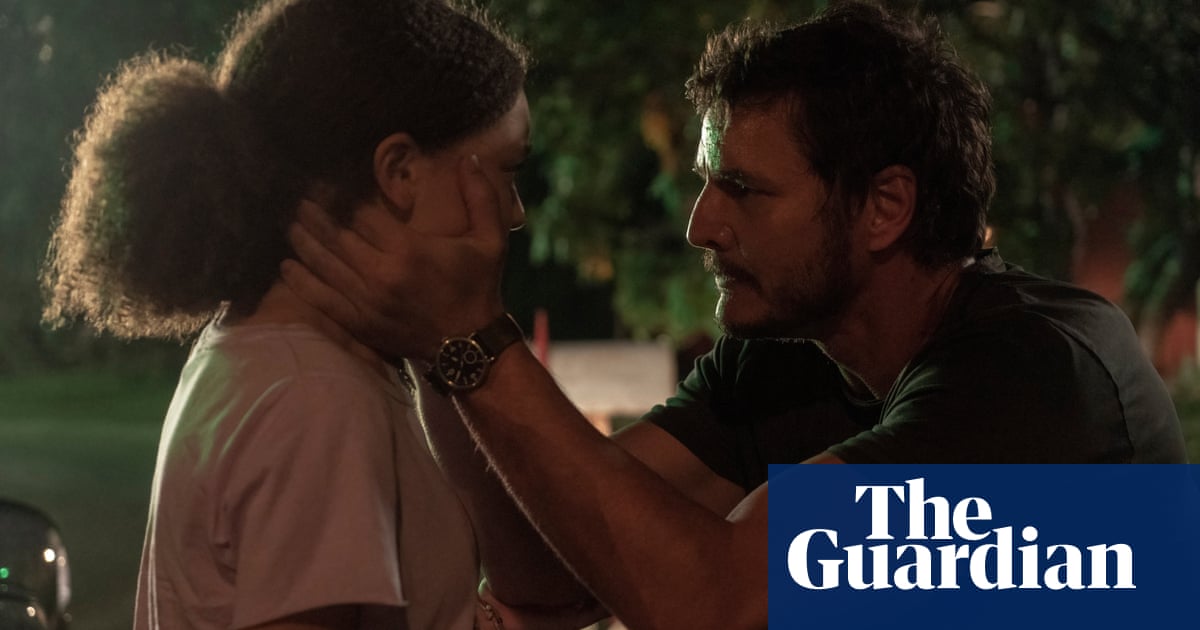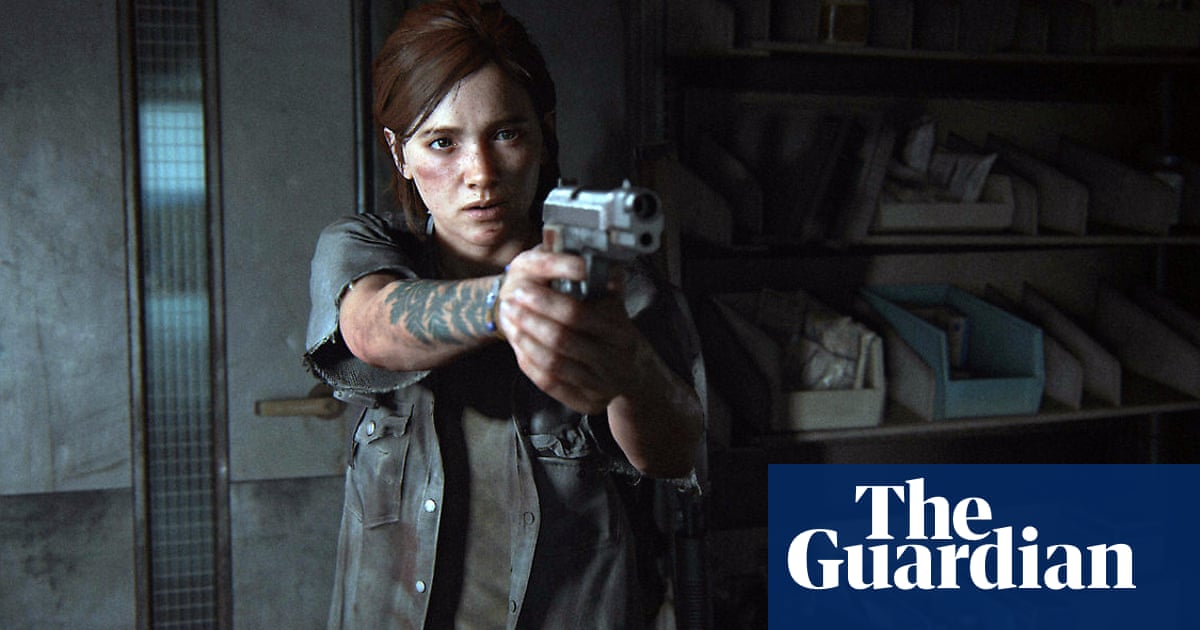
When it comes to video-game adaptations, TV and film producers have historically had an unfortunate habit of using the game as a kind of Mad Libs prompt for something completely unrelated. Characters you’ve spent 30 hours getting to know in a game might remain in name and appearance only, given personality transplants to fit into new, incongruous plots. There has been an endemic lack of respect for video games from decades’ worth of film-makers who, in the words of games satire site Hard Drive News, have been excited to take a beloved franchise and adapt it into something not for dumb little babies.
HBO’s The Last of Us finally marks the end of this era. There’s been a shift in the tenor of game adaptations in the past few years; you could tell that Detective Pikachu was written by huge Pokémon fans, Cyberpunk 2077’s Netflix series was actually better than the game, and the plot of Paramount’s TV version of the military space-opera Halo is just as ponderous and self-important as the games. But the close involvement of The Last of Us co-creator Neil Druckmann in the TV series takes HBO’s adaptation to another level. The Last of Us doesn’t just preserve the premise and characters of the game; it tells us something new about them.
The Last of Us was always a good candidate for TV. It’s a linear story, so every player experiences it similarly – you can’t muck about with the plot or defy the director’s intentions with your decisions. It’s a story about Joel and Ellie, about a closed-off, suffering-hardened old survivor and a teenager who’s full of humour, defiance and life despite the dire circumstances she was born into. It’s a horror tragedy with moments of heart and hope amid the bleakness, not a straightforward story about saving the world. There’s a lot to explore.
Immersion is video games’ magic. When you inhabit a character for hours, when you act as them, you being to identify with them in a way that isn’t possible when you’re just watching. In the game, we never leave Joel and Ellie’s perspectives, which is excellent for immersion but not so great for story-building – but the TV series is free to show us much more of other characters and perspectives.
Moments for which we are absent in the games are seen in detail here. In the second episode, in a distressing scene that will stay with me for a long time, we stick with Joel’s partner rather than him as they separate. The third episode is essentially a short film about a character named Bill who appears only briefly in the game, and it is powerfully good. Meanwhile, I learned more about the nightmarish cordyceps fungal infection that kicks off the end of the world in a few episodes of the series than I did from 50+ hours of playing the games, half-reading left-behind notes and newspapers I found in abandoned zombie-infested malls.
The series isn’t just about Joel and Ellie; it’s bigger, sadder and scarier, too. I am easily disturbed; I confess that I had to play most of the original Last of Us with a spoiler-free text guide from GameFAQs, so I knew when the zombies were going to attack and could steel myself for the terror. I have always been gripped by paralysing dread in the presence of the jerking, screeching clickers – former humans whose fungal parasitic infection is so advanced that it has taken their eyes, leaving them lurching towards every slight sound in search of a fresh host – but at least in the game I could smash their bulbous heads in with a brick, or hide from them under a table. Watching the clicker scenes feels horribly disempowering, by contrast; they’re even more awful when you can’t turn and run away from them.
More than anything, the TV series captures the austere, devastated beauty of the game, and the mood of it. Looking out at the skeletal remains of collapsed skyscrapers from a hotel rooftop, Ellie cracks jokes while picking her way across an open stretch of former city with Joel – amid moments of tension and horror so intense that they give you heartburn.
Pretty much every individual heart-rending, terrifying or awe-inspiring moment I remember from the game happens here, too, but it also gave me so much I hadn’t seen before. It gave me nightmares, honestly. It’s a tribute to the show that I was moved and disturbed anew by a story I’ve already spent so much time with, and spent years thinking about. Ten years ago, Naughty Dog’s The Last of Us was a game that expanded what games could be, and what they could put us through. The show can’t recreate the devastating, interactive experience of the game; instead, it explores what it can add to it.












